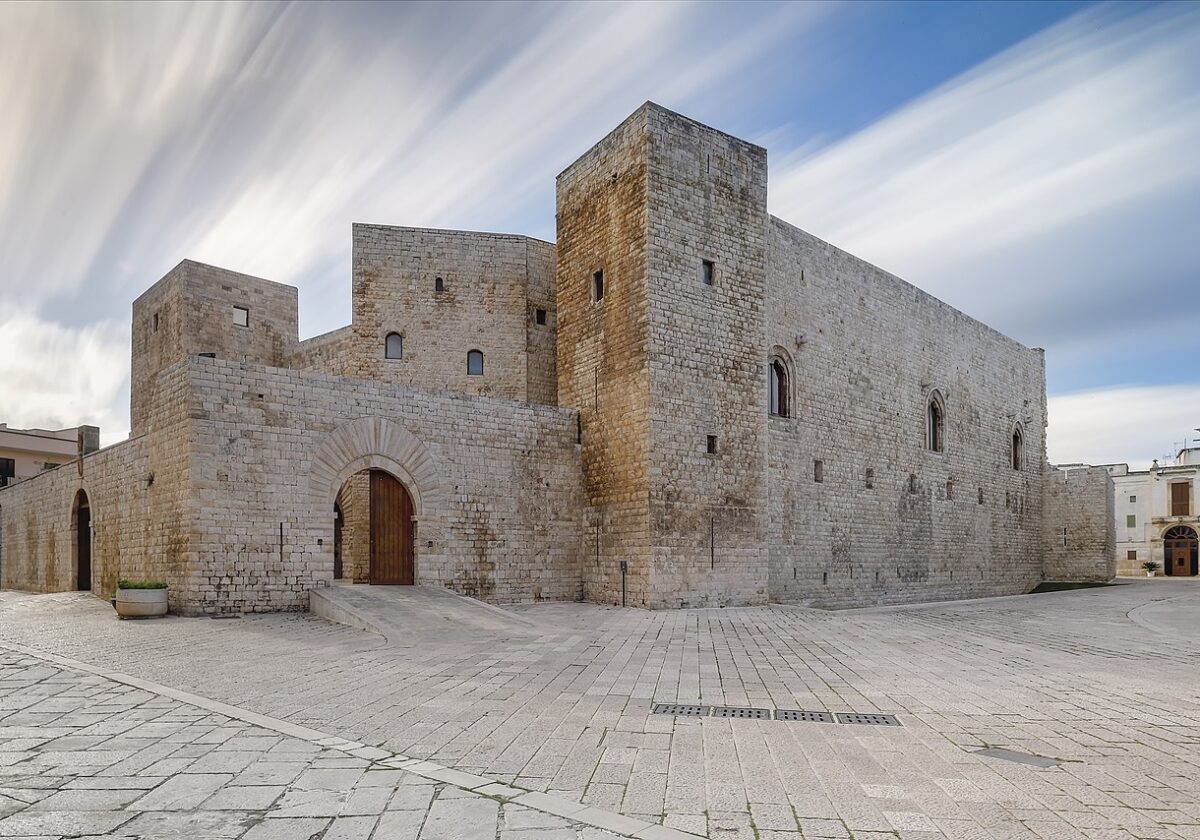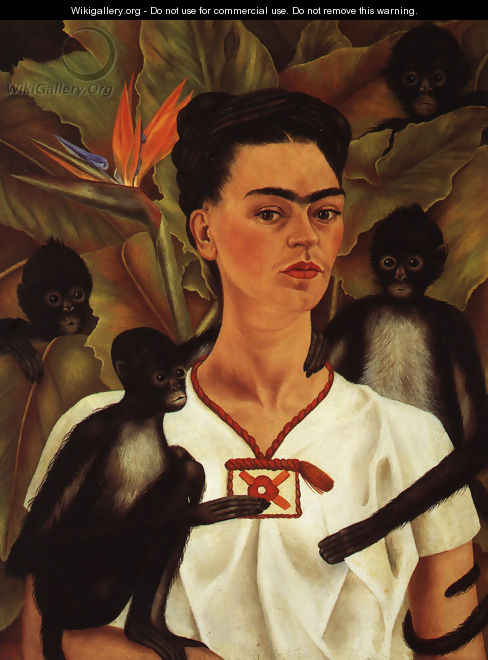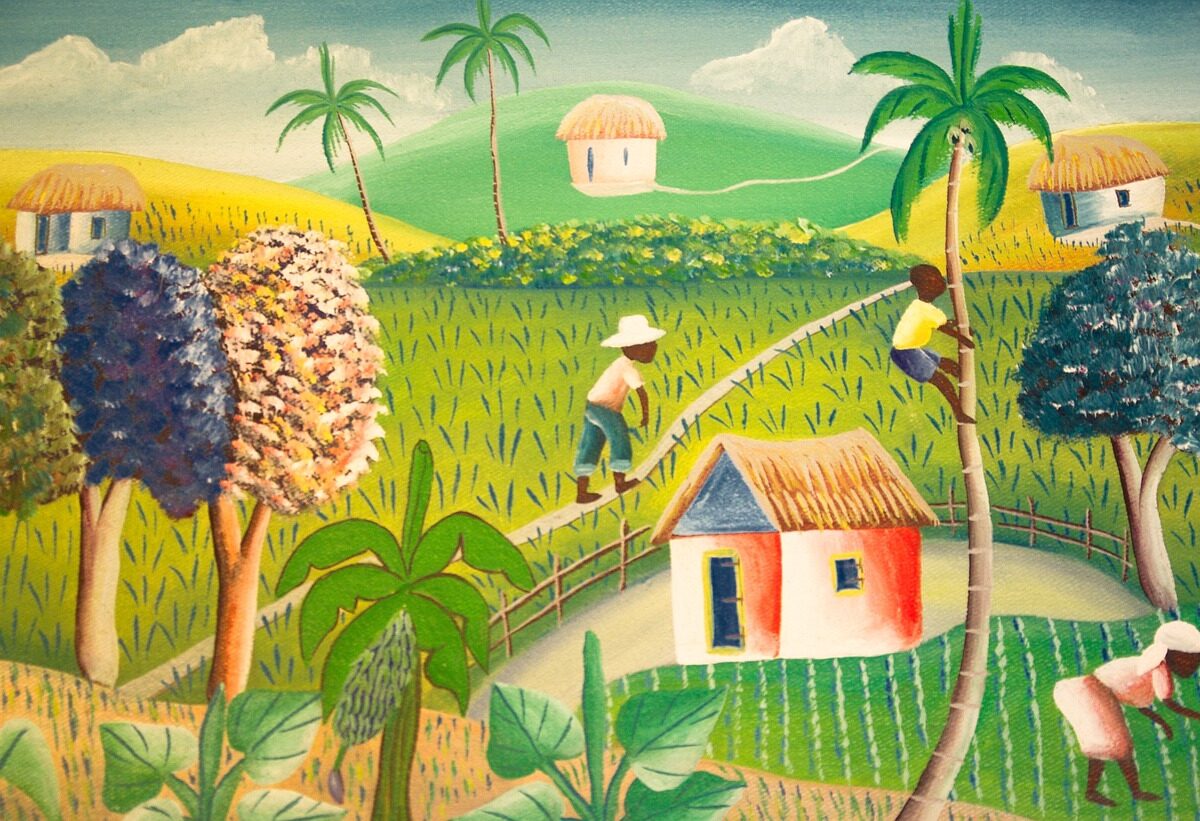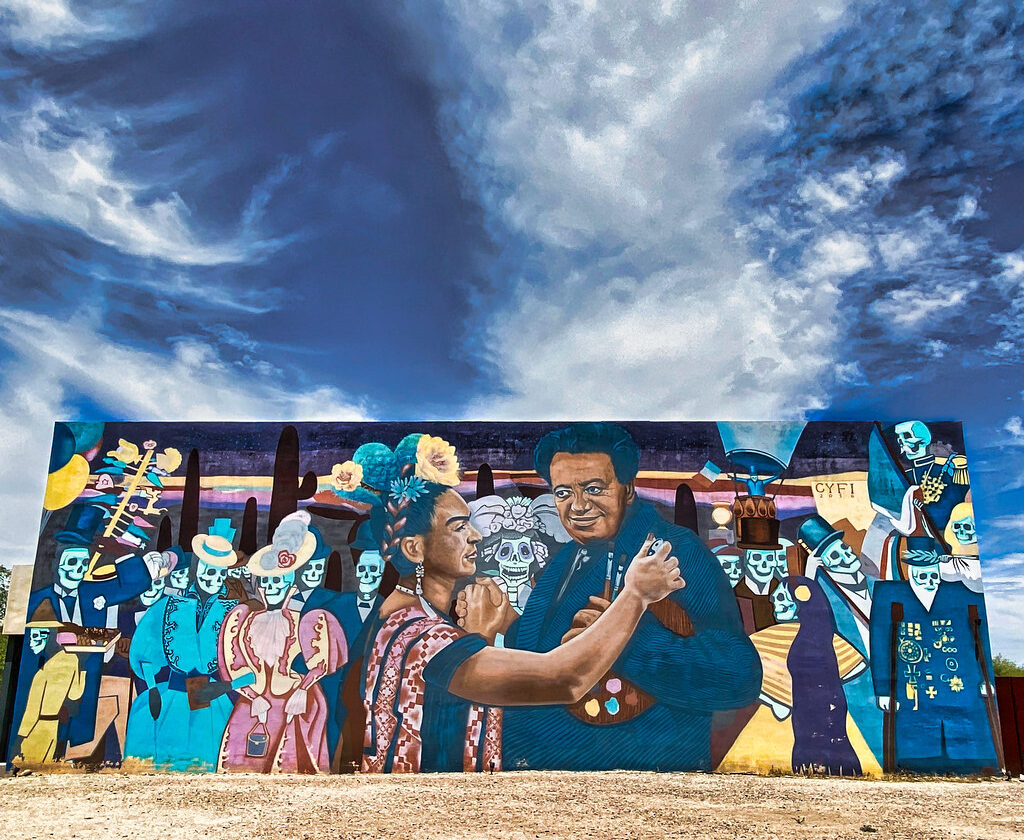New Latina sleuth is a strong, smart, psychic teenager
By Melissa Renteria
From CONEXION
12/27/2006
SAN ANTONIO — As a child, Michele Greene was a fan of Nancy Drew mystery novels because of the young sleuth’s intelligence and independence. The heroine of Greene’s early reading is a lot like the lead character in Greene’s first book, but with a modern twist. In Greene’s debut young-adult novel, “Chasing the Jaguar,” protagonist Martika Galvez is a Mexican-American teenager with psychic powers solving a mystery while planning her quincenera (a 15-year-old girl’s coming-of-age ceremony), dealing with school and coping with her parents’ recent separation. For inspiration, Greene, an actress best known for playing lawyer Abby Perkins in the 1980s NBC show, “L.A. Law,” turned to her own family and upbringing to make Martika a believable character who could connect with young readers.
“She’s Mexican-American, and I am, too,” said Greene, 43, who, as an author, uses her mother’s maiden name Dominguez to pay tribute to the woman who influenced her most. The book, which was published in June and is dedicated to Greene’s mother, Dorita, recently was nominated for the American Library Association’s 2007 Best Books for Young Adults Award. The association and several book critics have said the book is a fast-paced, fun read that’s refreshing in its depiction of a Latina heroine. “I wanted to write Martika as a smart girl who’s really independent and has a plan for her life,” Greene said, adding she wanted to show a working-class Hispanic family living in the barrio that had goals and dreams for their children.
“I wanted to have a Latina mother who was not hounding her daughter to marry. Her mother pushes her to get an education. I never thought I would not go to college, because my mother taught me that,” said Greene, who is of Irish descent on her father’s side but grew up in a bilingual and bicultural home. Greene, who lives in Los Angeles, had to fight book publishers to keep some aspects of Martika’s life as she’d written them. One publisher wanted to make Martika’s mother a corporate executive instead of a domestic worker as Greene had written her because they said “it would be more believable that a woman working in the corporate world would push education for her children,” Greene said.
“I thought that was ridiculous because I’ve never known a Mexican-American family that didn’t want to see their children do better than them,” said Greene, who grew up about 10 miles from the Echo Park neighborhood in Los Angeles where “Chasing the Jaguar” is set. Greene said Martika was the most challenging character to write because she wanted to take her time developing her. Secondary characters were easier to write, Greene said. Greene, who continues to work as an actress and has a recurring role on CBS’ “The Unit,” said such experiences of fighting bias isn’t new to her. Casting agents have declined to see Greene for Hispanic parts, despite her Latino heritage and fluency in Spanish, she said, because they didn’t think she was believable as a Latina.
When she starred in “L.A. Law,” from 1987 to 1992, Greene said she and fellow Latino castmate Jimmy Smits often pointed out what they saw as stereotypical or inaccurate depictions of Latinos in the show’s scripts. “I think things are different now. I think people are more sophisticated about cross-culturalism,” said Greene, who has released two bilingual CDs and plans to make a book series out of Martika Galvez and her adventures solving mysteries and training as a curandera (folk healer).
The second book in the series is planned for 2008, and Greene is negotiating with production companies to make a feature film of “Chasing the Jaguar.” Greene said she wants to develop Martika as a person, a young woman who achieves her goals and isn’t just focused on getting a boyfriend. Greene’s inspiration for Martika will remain her family, although the character is a composite of many people she’s known and not a direct reflection of her own life. “She’s a better student than I was,” Greene said, laughing. “I wish I had been that smart and focused as a teenager.”






the choice of the Roles immediately replica watchespost its physical evaluation by their watchmaking team. What’s more, in case of a non-agreement on price or change of decision,rolex replica authentic auctioneers will also return the timepiece to you at their cost. The final verdict should always lie with you since it is, after all, your most desired first Rolex watch!
2016-07-11keyun
louis vuitton outlet stores
air force 1 trainers
kobe shoes 11
celine outlet
true religion jeans
coach outlet
michael kors purses
retro 11
cheap jordans
cheap toms
nike free 5.0
ghd hair straighteners
adidas wings
nike air max uk
basketball shoes
celine outlet
supra shoes
tods sale
longchamp outlet
louis vuitton outlet stores
adidas outlet store
oakley sunglasses
coach outlet
michael kors purses
nike store uk
replica rolex watches
nike sb janoski
gucci handbags
louis vuitton bags
michael kors outlet
oakley outlet
nike roshe shoes
concords 11
toms shoes outlet
ralph lauren outlet
hollister clothing store
hollister clothing
reb christian louboutin
gucci bags